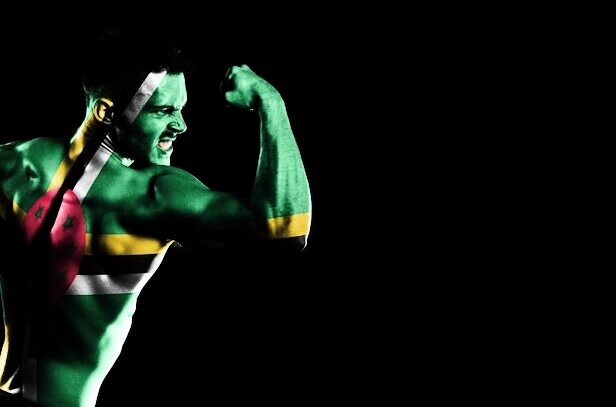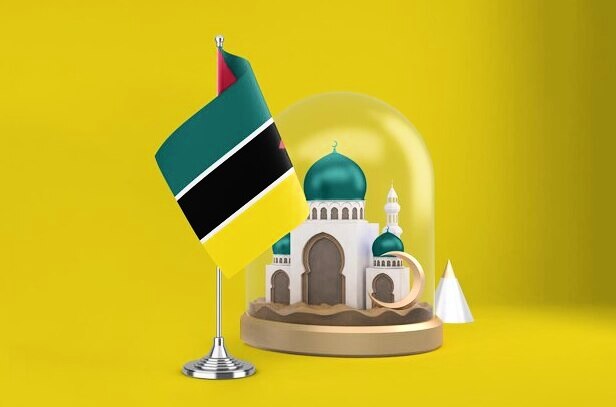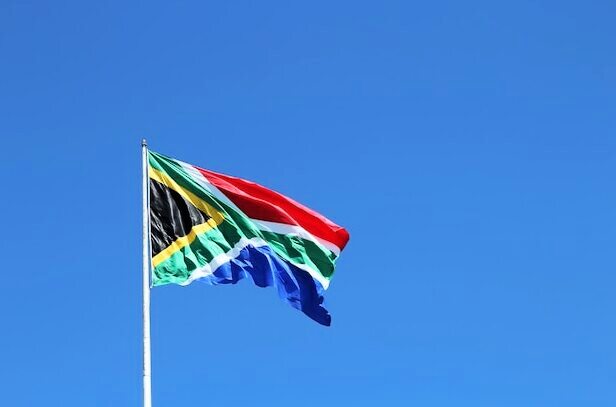Когда: 21 марта
Где отмечается: Намибия
 Namibia Independence Day, also known as Namibia Day, is celebrated on March 21st every year to commemorate the country's independence from South African rule in 1990. It is a significant day in the history of Namibia as it marks the end of a long and difficult struggle for freedom and self-determination.
Namibia Independence Day, also known as Namibia Day, is celebrated on March 21st every year to commemorate the country's independence from South African rule in 1990. It is a significant day in the history of Namibia as it marks the end of a long and difficult struggle for freedom and self-determination.
The road to independence for Namibia was marked by years of colonization, oppression, and struggle. Namibia, formerly known as South West Africa, was colonized by Germany in the late 19th century. After Germany's defeat in World War I, the League of Nations mandated South West Africa to South Africa. The South African government imposed apartheid policies in Namibia, which led to widespread discrimination, segregation, and human rights abuses.
The Namibian people, led by the South West Africa People's Organization (SWAPO), fought against apartheid and for independence. SWAPO launched a liberation struggle against South African rule, which lasted for nearly three decades. The struggle was marked by armed conflict, political mobilization, and international solidarity. Many Namibians, both inside the country and in exile, sacrificed their lives and freedom for the cause of independence.

In 1988, after years of negotiations and international pressure, South Africa agreed to grant independence to Namibia. The United Nations oversaw the transition to independence, and on March 21, 1990, Namibia became a sovereign and independent nation. The first democratic elections were held, and SWAPO's leader, Sam Nujoma, became the first President of Namibia.
Namibia Independence Day is a day of national pride, unity, and reflection. It is an opportunity for Namibians to celebrate their freedom and sovereignty, to remember the sacrifices made for independence, and to honor the heroes and heroines of the liberation struggle. The day is marked by official ceremonies, parades, cultural events, and political speeches.
On Namibia Independence Day, the national flag is raised, and the national anthem is sung. The President and other political leaders address the nation, highlighting the achievements of independence and the challenges ahead. Traditional dances, music performances, and cultural displays showcase Namibia's rich heritage and diversity.

Namibians also use Independence Day as an occasion to reflect on the progress made since independence and to renew their commitment to building a better future for their country. Despite the challenges of poverty, inequality, and development, Namibia has made significant strides in areas such as education, healthcare, infrastructure, and democracy.
Namibia is known for its peaceful transition to independence, its commitment to reconciliation and nation-building, and its respect for human rights and democracy. The country is a shining example of successful decolonization and self-determination in Africa.
As Namibia celebrates its Independence Day, it also recognizes the importance of regional and global solidarity. The country remains committed to promoting peace, stability, and cooperation in Southern Africa and the world. Namibia plays an active role in regional organizations such as the Southern African Development Community (SADC) and the African Union (AU).
In conclusion, Namibia Independence Day is a day of remembrance, celebration, and renewal. It is a reminder of the long and difficult journey to freedom, the achievements of independence, and the challenges of nation-building. As Namibians reflect on their past and look to the future, they are inspired by the spirit of unity, resilience, and hope that defines their nation. Happy Independence Day, Namibia!